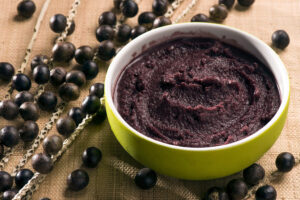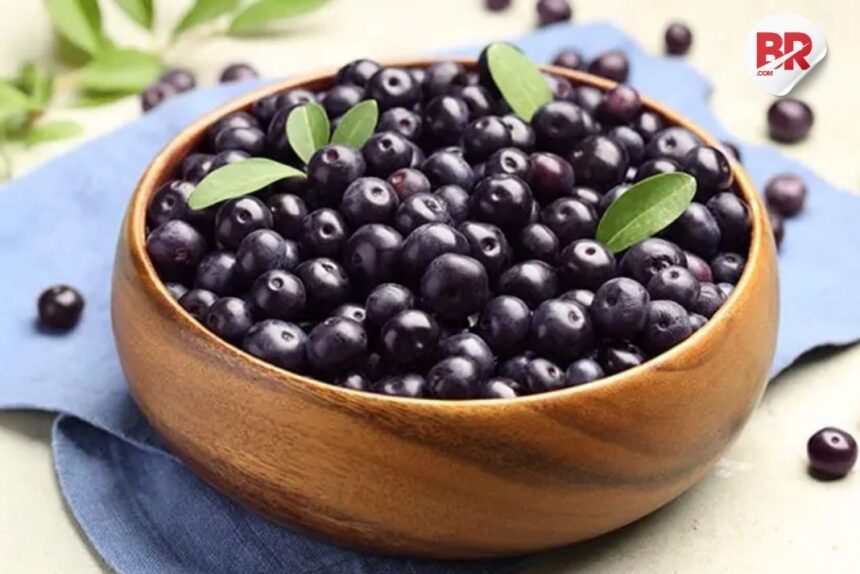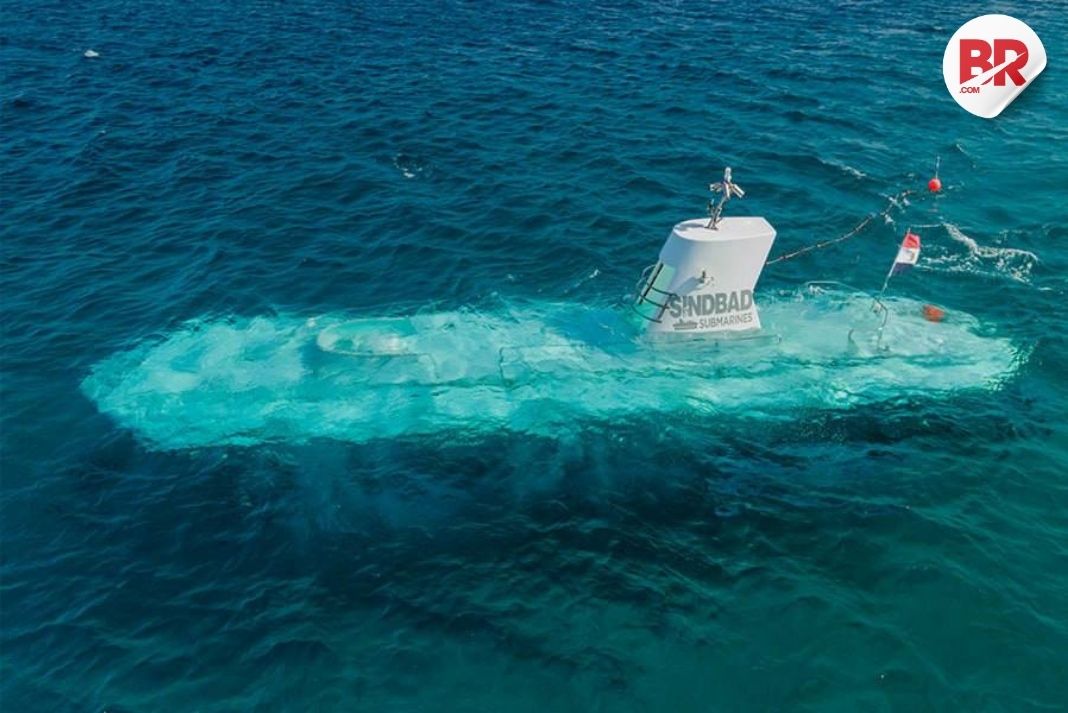
When US President Donald Trump put 50% tariffs on Brazilian exports in July, acai producer Ailson Ferreira Moreira became worried.
Acai berries — known worldwide as a tasty and healthy superfood — are mainly sold to the United States. But now, with the new tariffs, prices for acai bowls and smoothies in the US will likely rise, making them less affordable.


“If only people in Brazil eat it, there will be too much acai, and the price will drop here,” Moreira said in Belem, a city in the Amazon that will host the UN Climate Summit COP30 in November.
Currently, a full crate of acai sells for around $50 in Brazilian markets, but prices are expected to fall sharply. The US is the biggest buyer, importing much of Brazil’s 70,000 tons of acai produced each year.
Small Producers Hit Hard
In the northern state of Para, small acai farmers are already feeling the impact. Without the US market, surplus berries are piling up.
Even bigger exporters are struggling. Rogerio de Carvalho, co-owner of Acai Tropicalia Mix, said his company exported 270 tons of acai cream to the US last year. This year, with tariffs in place, sales dropped to just 27 tons, costing them about 1.5 million reais ($280,000) in losses.
Tariffs Linked to Bolsonaro Case
Trump connected the higher tariffs to the trial of former Brazilian President Jair Bolsonaro, who is under house arrest over an alleged coup attempt after losing the election to President Luiz Inacio Lula da Silva.
Although some Brazilian exports are exempt from tariffs, acai berries are not. Brazil’s industry ministry has not said whether they will be part of trade talks with the US.
Almost all acai eaten in the US comes from Brazil, and 90% is grown in the state of Para. Many Amazon communities depend on acai harvesting for their livelihoods.
The work is tough — pickers climb tall trees without much safety gear, gather the berries, and bring them to markets like Belem’s famous Ver-o-Peso acai market.
Acai farming also helps protect the rainforest by providing an alternative to illegal logging, mining, and cattle ranching.
Exports from Para have grown from less than one ton in 1999 to over 61,000 tons in 2023. Another big jump was expected this year — until the tariffs were announced.
Brazil Takes Action
On Thursday, Brazil asked the World Trade Organization (WTO) to review the new US tariffs. But for many farmers, this may come too late.
“If we can’t sell abroad, the value drops here,” said acai harvester Mikael Silva Trindade. “The more we export, the more valuable it is. But if it stays here, it becomes cheap.”












